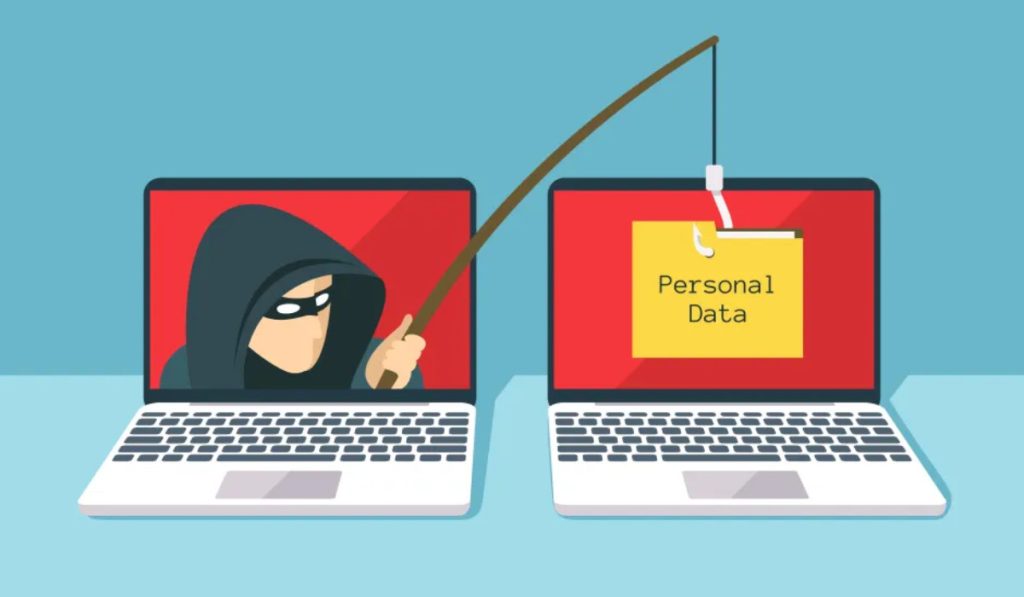In today’s digital age, the internet has become an integral part of our daily lives, offering convenience, connectivity, and a wealth of information at our fingertips. However, with this convenience comes the risk of online scams and fraud. These scams take various forms, from phishing emails and fake websites to deceptive online offers and identity theft. Protecting oneself from falling victim to these scams is a critical aspect of maintaining online security. This article provides valuable insights and practical tips on how to safeguard your digital presence and financial well-being from the ever-evolving threat of online scams.
Protecting yourself from online scams is crucial. Here are some steps to help you avoid becoming a victim of online scams:
Stay Informed:
Keep up to date with the latest scams and frauds. Awareness is your best defense.

Verify Information:
Double-check the information you receive online. Don’t trust unsolicited emails, messages, or links, especially if they ask for personal or financial information.
Use Strong Passwords:
Create complex, unique passwords for your online accounts. Use a password manager to help you keep track of them.
Enable Two-Factor Authentication (2FA):
Whenever possible, enable 2FA for your online accounts. This adds an extra layer of security.
Be Cautious with Personal Information:
Avoid sharing sensitive personal information online, especially on social media. Scammers can use this information against you.
Also Read: Why Don’t Our Teeth Grow Back Again If They Fall Out for the Second Time?

Beware of Phishing:
Be wary of emails or messages that ask for your personal information, financial details, or login credentials. Legitimate organizations won’t ask for this via email.
Check Website Security:
Ensure that websites you’re interacting with use secure, encrypted connections (look for “https://” in the URL and a padlock symbol).
Avoid Clicking on Suspicious Links:
Hover over links to see the actual URL before clicking. If it looks suspicious, don’t click it.
Use Reputable Sources:
When shopping online, use well-known and reputable websites. Be cautious with deals that seem too good to be true.
Don’t Download Suspicious Files:
Be cautious with email attachments or downloads from unknown sources. They may contain malware.

Educate Yourself:
Learn about common online scams and tactics used by scammers. The more you know, the better you can protect yourself.
Check Reviews and Ratings:
Before making online purchases or engaging in financial transactions, read reviews and check ratings to ensure the legitimacy of the seller or service.
Block and Report Scammers:
If you encounter a scammer, block and report them on the platform you’re using. This helps protect others.
Use Email Filters:
Configure your email service to filter out potential spam and phishing emails.
Stay Skeptical:
If something seems too good to be true or feels suspicious, trust your instincts and proceed with caution.

Don’t Share Personal or Financial Information Over the Phone:
Unless you initiated the call and are certain of the other party’s identity, avoid giving out sensitive information.
Secure Your Devices:
Keep your computer, smartphone, and other devices updated with the latest security patches and use reputable antivirus software.
Report Scams:
If you encounter a scam, report it to the appropriate authorities, such as the Federal Trade Commission (FTC) in the United States.
Remember, scammers are always coming up with new tactics, so staying vigilant and informed is key to protecting yourself from online scams.
Also Read: First plane carrying US arms reaches Israel amid ongoing war











